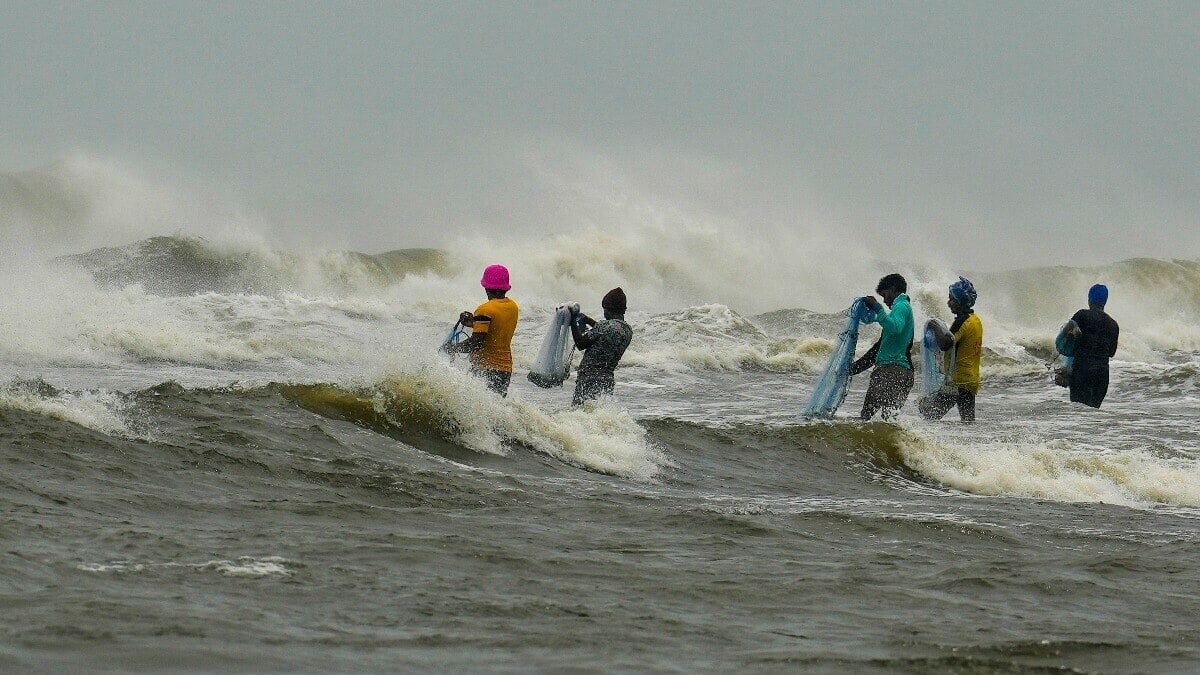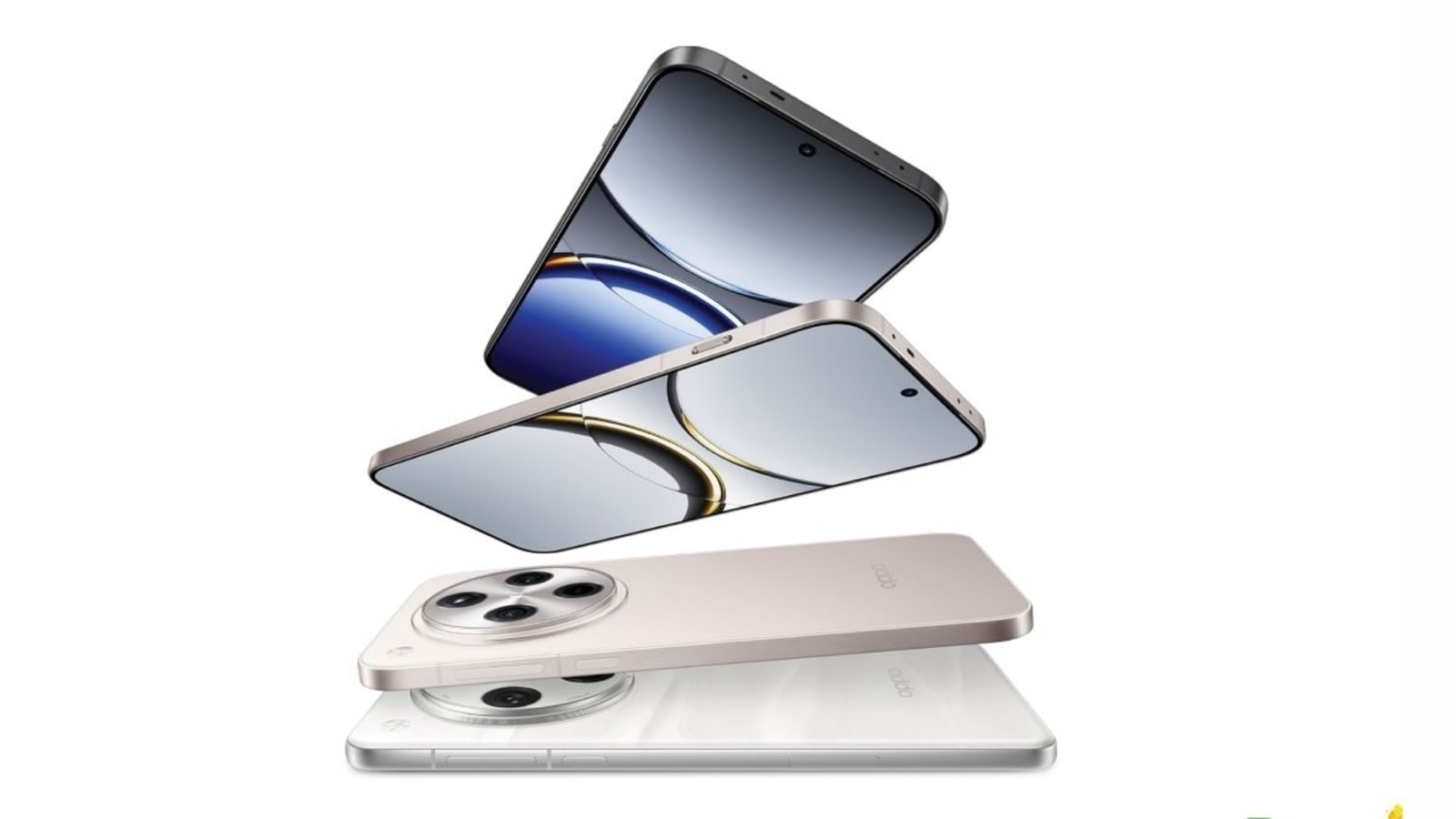
AS artificial intelligence (AI) continues to evolve, it is becoming increasingly adept at replicating human behaviour online, blurring the line between genuine and automated interactions. In the wrong hands, AI can be a potent tool for spreading misinformation, phishing scams, fraud, and data breaches – a growing concern as the world moves further into the digital realm. Recognising these risks, tech visionaries Sam Altman of OpenAI and Alex Bania of Tools for Humanity saw the need for a privacy-focused human verification and financial network, leading to the creation of World - previously known as WorldCoin.
“Altman believes humanity needs a ‘human gate,’ where certain online activities or products are restricted to verified individuals,” explains World’s Europe managing director Fabian Bodensteiner. But that begs the question: How can they prove that someone is human? The answer? World ID – a digital protocol developed by World that confirms a person’s humanity or proof of humanness without sharing personal information. A digital proof of humanness When a person verifies their World ID via an Orb, the device takes pictures of their iris and face.

These pictures are used to make a unique iris code, a series of 1s and 0s. No two iris codes are the same, and they do they reveal direct identifiers such as name, gender, age, etc. The code is then split into different pieces and permanently encrypted using Secure Multi-Party Computation (SMPC), which anonymises data by dividing it into multiple abstracted values (SMPC shares) and storing them in separate locations managed by different parties.
Each party only has access to the SMPC share under their control. Bodensteiner likens World ID to a digital passport stored on a user’s mobile device via the World App, which supports World ID. “We didn’t want to follow the standard Know Your Customer (KYC) process, which often requires users to share personal details like names and addresses,” Bodensteiner notes, highlighting their goal to help businesses reduce data collection for privacy purposes.
“Think of it like this – just as you have a national ID or driver’s licence, World ID offers an additional anonymous credential: a digital proof of humanness” he says. The proof of humanness verification naturally limits the creation of multiple fake accounts, curbing large-scale bot attacks and ensuring content is from genuine individuals – an essential step in reducing AI-generated disinformation. Flexible across sectors To date, more than six million people have verified their World ID, reflecting the growing adoption of this revolutionary technology worldwide.
In Malaysia, World sees tremendous potential for expansion, driven by the country’s openness to new technologies and its diverse economy, which positions it as a strategic gateway to further extend into Asia. “Malaysia’s openness to new technologies and its diverse economy make it a strategic gateway for further expansion into Asia,” says Bodensteiner. He adds that all World technologies, including hardware, are open-source, enabling innovation and collaboration across various sectors.
The World ID technology allows for seamless authentication across web and mobile platforms. Its applications extend across multiple sectors, such as gaming, social networking, and marketing, where personhood verification is crucial to reducing fake accounts and ensuring genuine human interaction. “For instance, video gaming platforms can benefit from personhood verification by allowing individuals to unlock exclusive deals, enhancing the gaming experience while keeping the ecosystem free from bot-driven accounts,” Bodensteiner explains.
Local social networks and e-commerce platforms can also leverage World ID to enhance safety and prevent fraudulent activities, such as repeated voucher redemptions, ensuring a more secure and beneficial environment for legitimate users. Recently, Worldcoin rebranded itself as World, signaling a broader mission to build a comprehensive identity and financial network that empowers every individual in the digital economy. The shift reflects the project’s focus on creating a global network centered on anonymous proof-of-humanness technology and inclusive financial tools.
This new identity aims to drive the mission forward with a more unified and holistic approach. World was born from a need to address these challenges and build a system that ensures equal access to the digital economy for all, regardless of financial circumstances or location – especially as AI continues to advance. World ID remains the bedrock of this mission, empowering people to take charge of their privacy online, paving the way for a more inclusive and equitable future for everyone.
Currently, the Orbs are situated in a few locations across the country, with plans to expand to more sites over time. Individuals who have downloaded the World App can now schedule an appointment to have their World ID verified..













